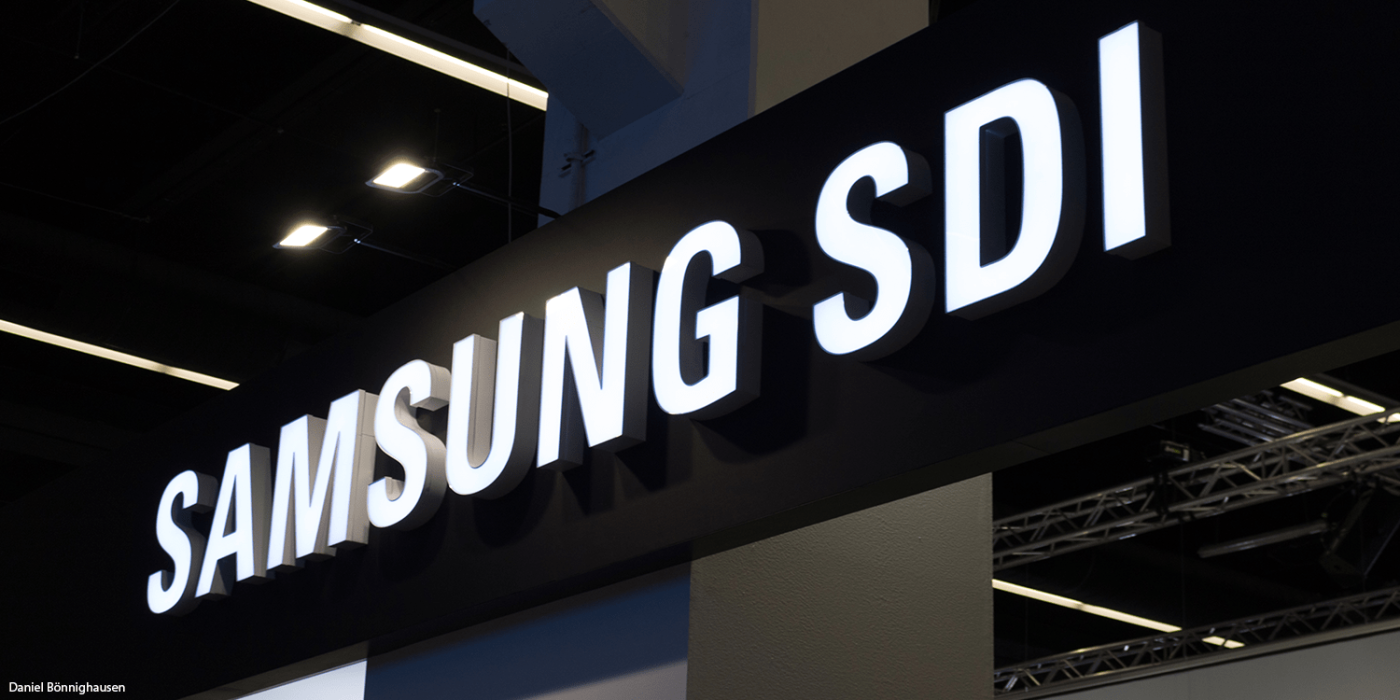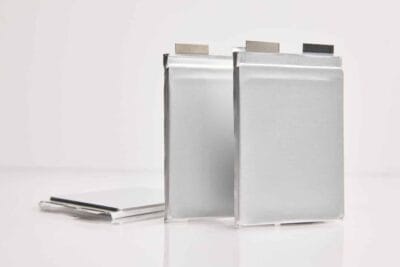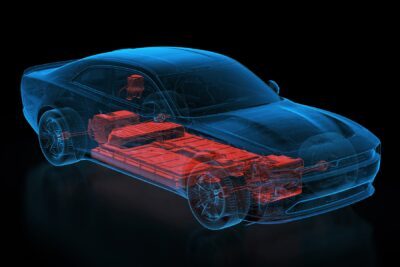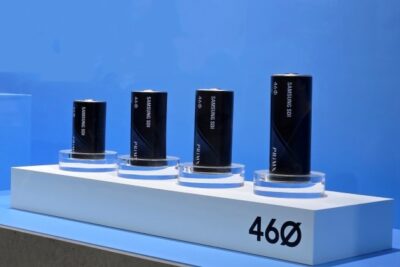Samsung SDI says solid-state batteries could come sooner
South Korean battery cell manufacturer Samsung SDI accelerated its schedule to introduce solid-state batteries at scale. Their hopes lay on a pilot line under construction near Seoul.
Samsung SDI began building the pilot line as ‘S-Line’ at its research and development centre in the South Korean city of Suwon in March. The company expects to produce its first solid-state cells from early 2023. In a call this week, Samsung said the pilot project would accelerate the commercial introduction of solid-state cells, previously targeted for 2027. “Through checking our technological viability and securing know-how for mass production, we will speed up the timing for mass production,” UPI news agency quotes from the call.
However, Samsung apparently did not go into further detail, i.e. by stating a new target date or actual breakthrough advances for the start of commercial production.
Daelim University automotive professor Kim Pil-soo also told UPI, “It remains to be seen whether Samsung SDI will be able to make a breakthrough, but the pilot project is meaningful.”
In this, Samsung follows Nissan, which has made similar arguments. The company last month also scheduled a call to announce they would start pilot producing solid-state batteries in 2024 to power a series EV in 2028. Nissan detailed the basics of their technology, while claiming breakthroughs also building on previous manufacturing experiences.
Solid-state batteries are the next big thing in e-mobility – once the production challenges are solved. The promise in all cases – longer range, less cost, higher energy density and charging powers, and greater freedom of design. To illustrate the advantages of solid-state batteries in electric cars, the higher energy density can either be utilised to increase the range increases or to install a smaller, lighter and cheaper battery delivering the same range as a Li-ion battery with liquid electrolytes.
Samsung SDI, in March 2020, presented a solid-state cell in the prototype stage. According to claims at the time, the cell was expected to be capable of up to 800 kilometres of range and 1,000 cycles in an electric car.





5 Comments